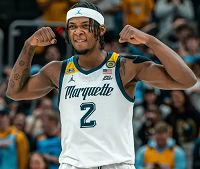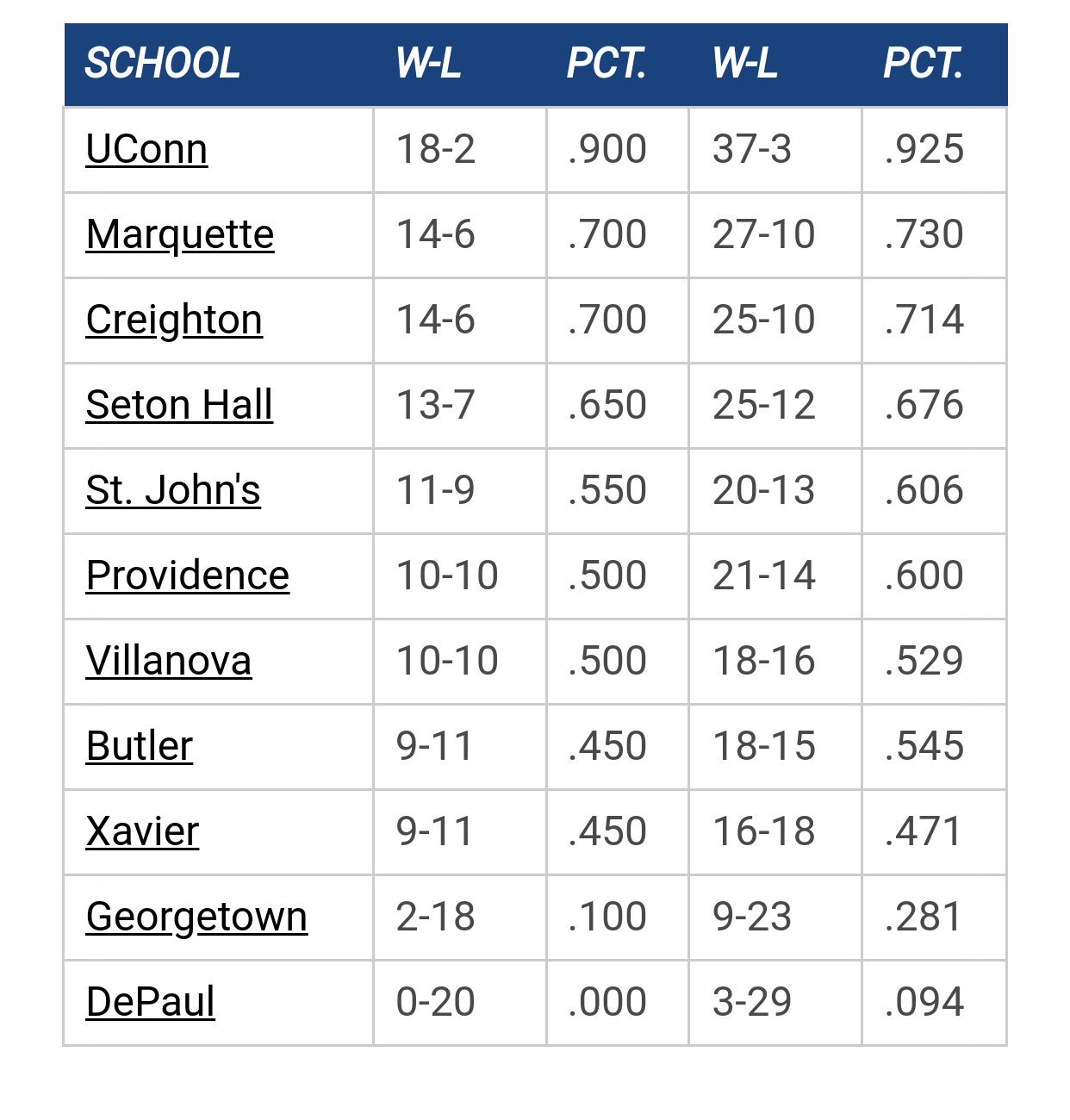- Welcome to MUScoop.
2025-26 College Hoops Thread by muwarrior69
[Today at 09:03:00 AM]
NM by tower912
[Today at 08:10:13 AM]
Marquette Team Rankings by WhiteTrash
[Today at 08:07:09 AM]
Last scholarship by Hards Alumni
[Today at 06:13:14 AM]
That Hurt. A lot. by The Sultan
[Today at 04:35:31 AM]
Can this team win 4 in a row at the Garden? by JakeBarnes
[February 11, 2026, 11:08:13 PM]
Marquette NBA Thread by MarquetteMike1977
[February 11, 2026, 10:33:41 PM]
[Today at 09:03:00 AM]
NM by tower912
[Today at 08:10:13 AM]
Marquette Team Rankings by WhiteTrash
[Today at 08:07:09 AM]
Last scholarship by Hards Alumni
[Today at 06:13:14 AM]
That Hurt. A lot. by The Sultan
[Today at 04:35:31 AM]
Can this team win 4 in a row at the Garden? by JakeBarnes
[February 11, 2026, 11:08:13 PM]
Marquette NBA Thread by MarquetteMike1977
[February 11, 2026, 10:33:41 PM]
The absolute only thing required for this FREE registration is a valid e-mail address. We keep all your information confidential and will NEVER give or sell it to anyone else.
Login to get rid of this box (and ads) , or signup NOW!
Xavier Date/Time: Feb 14, 2026, 2:00pm TV: TNT/TruTV Schedule for 2025-26 |
||||||
User actions



